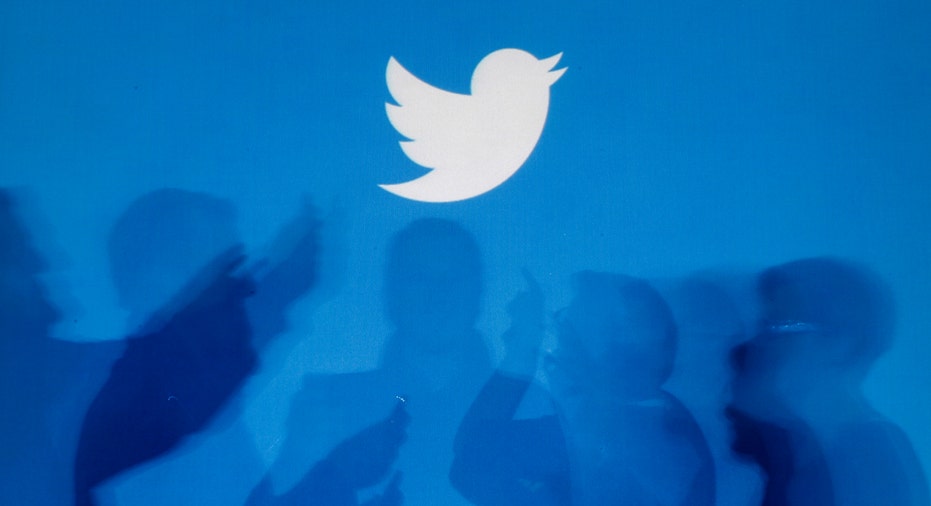Does a Twitter-Yahoo Merger Make Any Sense?

A couple of weeks ago, SunTrust analyst Bob Peck predicted that Twitter’s (NYSE:TWTR) struggling CEO Dick Costolo would be out this year. He also named former Yahoo (NASDAQ:YHOO) media head and interim-CEO Ross Levinsohn as one of two logical choices to replace him, the other being Google’s Neal Mohan.
Yesterday at CES Levinsohn told CNBC he was “flattered” by the mention and said he thought Costolo did a “strong job” of making the company work and taking it public. Then he gushed for a while about how great Twitter is and suggested revenue chief Adam Bain might be in line to succeed Costolo (Note: Bain and Levinsohn used to work together at Fox Interactive).
Levinsohn went on to make a surprisingly well thought-out case for Twitter to buy Yahoo -- where he was passed over by former Google (NASDAQ:GOOGL) executive Marissa Mayer for the full-time CEO job. He said the combined company “would be the most powerful force in the media business,” among other things.
Soon thereafter, Peck released a note stating 10 reasons why that deal would make sense. Incidentally, he has a buy rating on the stock with a $58 price target. Shares of Twitter went through the roof, gaining 6.5% on a day the Nasdaq dropped 1.3%.
Is it me or does anyone else find this series of events just the least bit circular or chronyish? These people have got to be drinking the same batch of Kool-Aid.
Fortune columnist Dan Primack said Levinsohn’s merger pitch and apparent play for Mayer’s job was “Well played Ross. Well played.” Well played? You’ve got to be kidding. How transparent can you get? I just happened to catch the interview and Levinsohn did everything but broker the deal.
The funny thing is, almost none of what Levinsohn said makes any sense at all.
Sure, Costolo took Twitter public, but that may have been the biggest mistake he could have made. Now he’s put the company in a position where it’s trying to figure out its product strategy and business model under the bright lights, quarterly pressures, and stark transparency of Wall Street. That’s never a good place to be.
I recently called Costolo one of the seven worst CEOs of 2014 and predicted he will be “pressured to resign” in 2015. As for Levinsohn replacing him, all his merger mania talk more or less destroyed any trace of credibility he had, at least in my eyes.
Last time I checked, Google was the world’s online media giant by a large margin with a projected 31% share of global digital ad revenue for 2014, according to eMarketer. Facebook (NASDAQ:FB) was a distant second with 7.8% while Yahoo and Twitter combined barely beat Microsoft with 3.3% share. The picture’s more or less the same in mobile where Google has 37% share, Facebook is at 17%, and Twitter and Yahoo together would total 6.8%.
I don’t know what Levinsohn was smoking when he called a merged Twitter-Yahoo “the most powerful force in the media business” -- but I definitely want some.
Lastly, this would just be another classic example of merging two struggling companies to create a bigger struggling company. Sears-Kmart. Sprint-Nextel. Alcatel-Lucent. How many times have we seen that movie, folks? It always ends the same. Badly.
The one thing neither Twitter nor Yahoo can afford right now is a high-profile merger to distract their executive management teams from figuring out what their strategies should be, something both Costolo and Mayer have struggled with for some time now.
Twitter needs to determine how to make its product more engaging and reignite user growth. Yahoo needs to figure out how to get its core business growing again. A merger will do nothing to help either problem and the distraction is sure to make things worse.
Sure, just mash them together. That’ll fix everything. Brilliant.



















